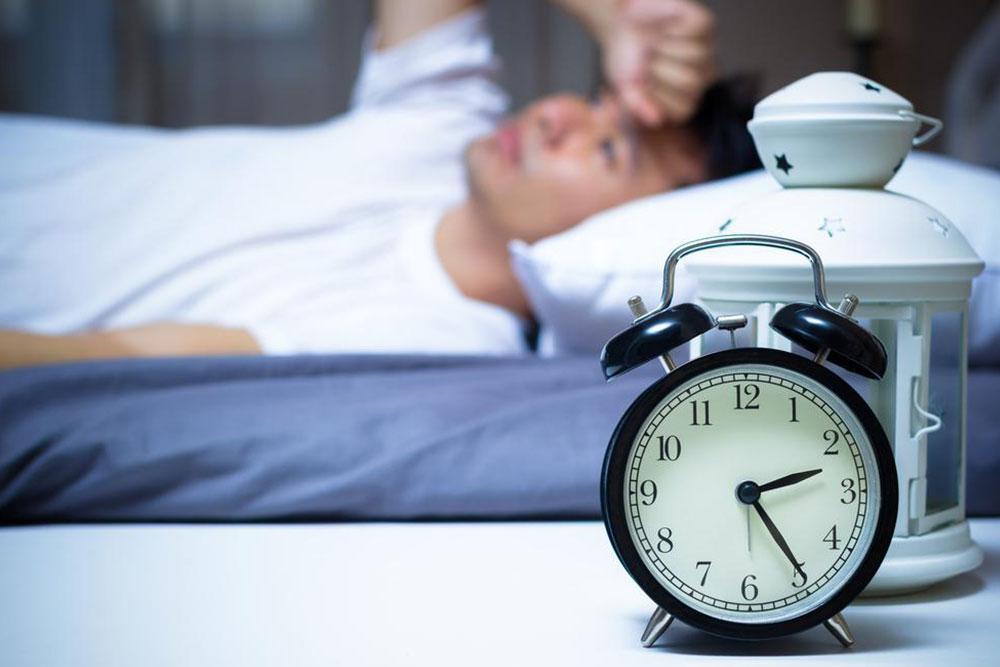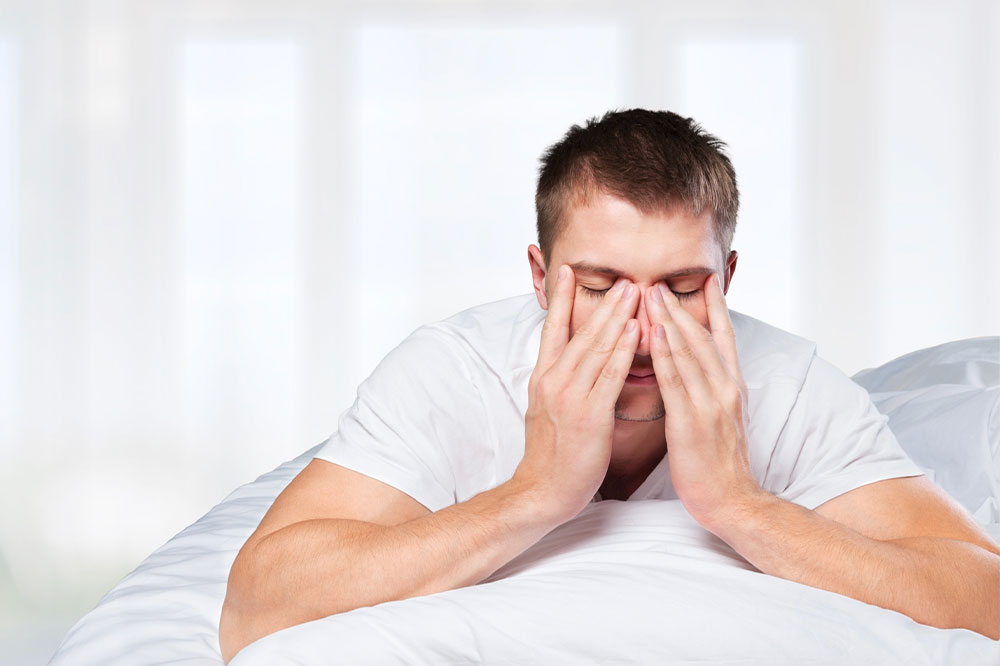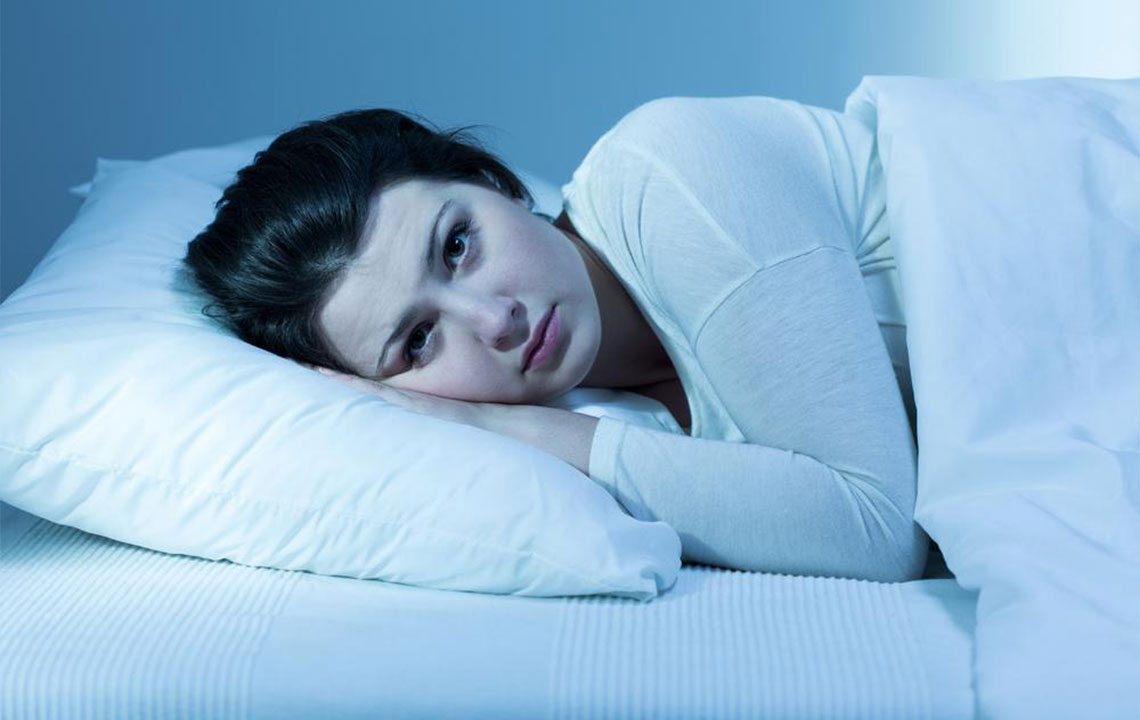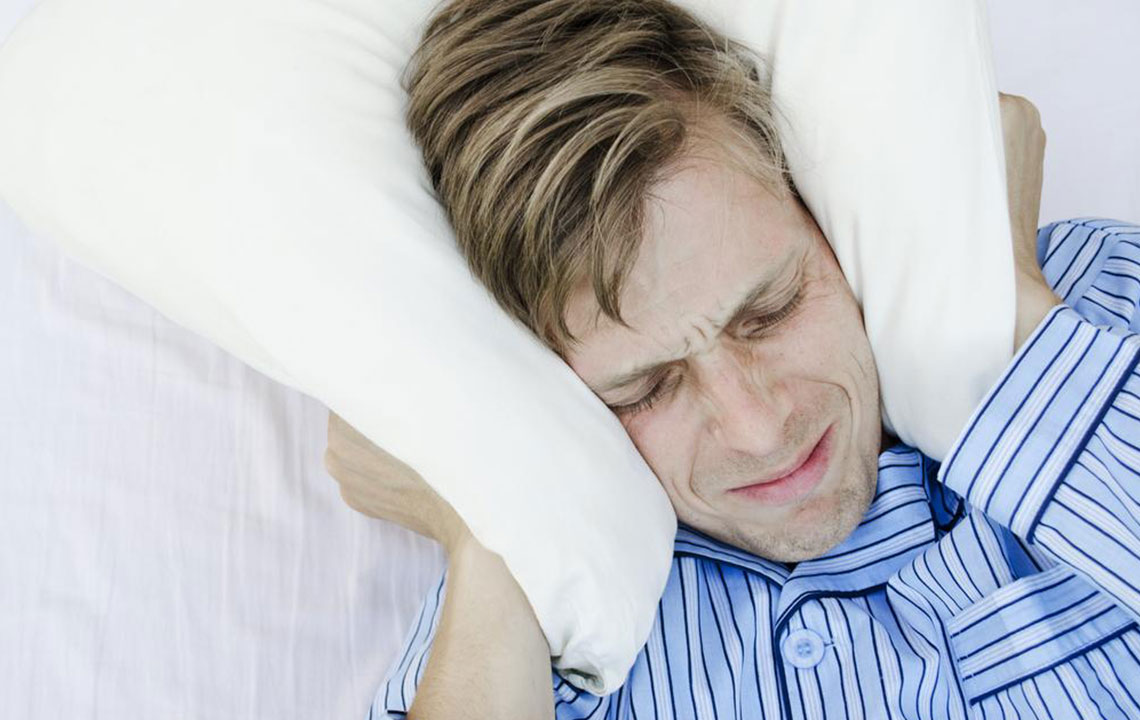Understanding Common Sleep Issues and What Affects Restful Sleep
This article explores common sleep disorders such as sleep apnea, insomnia, restless leg syndrome, narcolepsy, and REM sleep behavior disorder. It highlights the causes and symptoms of each condition and discusses factors like pain, anxiety, nocturia, and respiratory issues that impair sleep quality. Recognizing these disorders and their triggers is essential for improving sleep health. The content emphasizes the importance of consulting healthcare professionals for proper diagnosis and treatment, promoting better sleep hygiene and overall well-being.
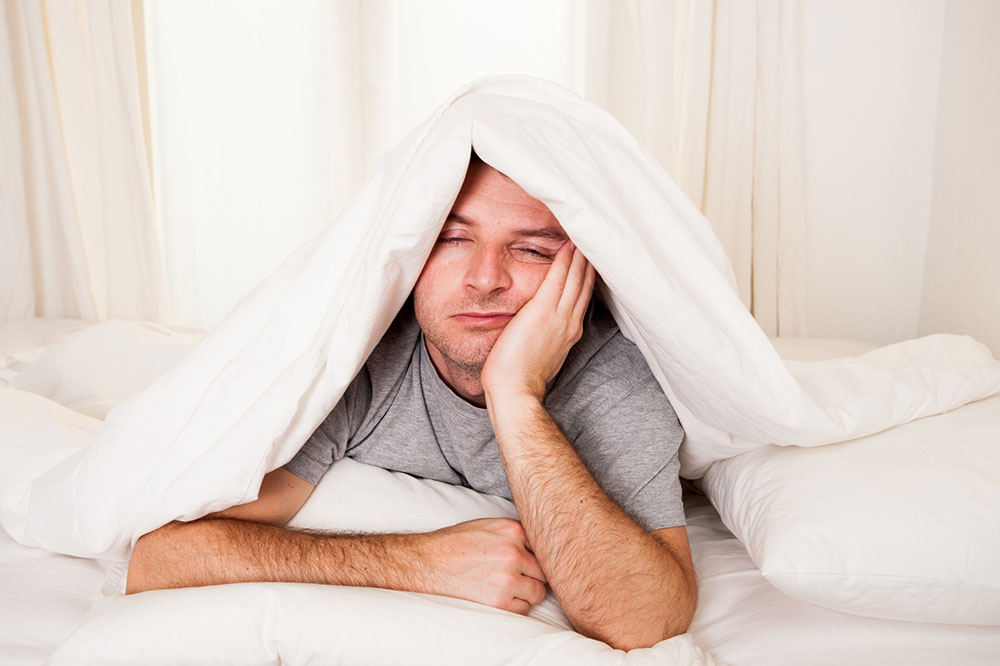
Understanding Common Sleep Issues and What Affects Restful Sleep
Getting a healthy 8 hours of sleep each night is vital for adults, supporting physical health, mental clarity, and emotional stability. Quality sleep helps regulate hormones, reduce fatigue, and improve mood. However, sleep disturbances often interfere with this essential process, leading to poor rest and health issues. Recognizing common sleep problems and their symptoms is key to addressing them.
Here are some prevalent sleep disorders and their signs:
Sleep Apnea
Characterized by interruptions in breathing during sleep, sleep apnea is a serious condition. People may wake up suddenly gasping for air due to airway blockages or brain signals affecting breathing.
There are two main types: obstructive sleep apnea, where airway blockage occurs, and central sleep apnea, which involves the brain's failure to signal breathing.
Restless Leg Syndrome (RLS)
This disorder causes an overwhelming urge to move the legs, making it hard to fall asleep and often causing restless nights.
Insomnia
A common issue where individuals struggle to fall asleep or stay asleep, with some experiencing persistent insomnia over long periods.
Narcolepsy
A neurological condition that leads to uncontrollable daytime sleep episodes and may include sleep paralysis.
REM Sleep Behavior Disorder
In this condition, muscle paralysis during REM sleep is incomplete, allowing individuals to act out their dreams through movements, speech, or vocalizations.
Factors Contributing to Sleep Problems
Various factors can influence sleep quality, whether related to physical or mental health. Common contributors include:
Pain
Chronic discomfort from conditions like arthritis or migraines can make it tough to fall asleep or cause frequent awakenings, leading to fragmented sleep cycles.
Anxiety
Excessive worry can disrupt sleep patterns, causing difficulty falling asleep and nightmares.
Nocturia
Waking multiple times to urinate due to hormonal issues or urinary infections can fragment sleep and reduce restfulness.
Respiratory Conditions
Illnesses such as colds or respiratory infections can cause breathing difficulties, snoring, and sleep disturbances affecting overall sleep quality.
Important Notice:
The information provided regarding symptoms, treatments, or health conditions is for educational purposes only. It should not replace professional medical advice. Consult qualified healthcare providers for any health concerns or symptoms. Use this information responsibly and seek appropriate medical attention when necessary.

